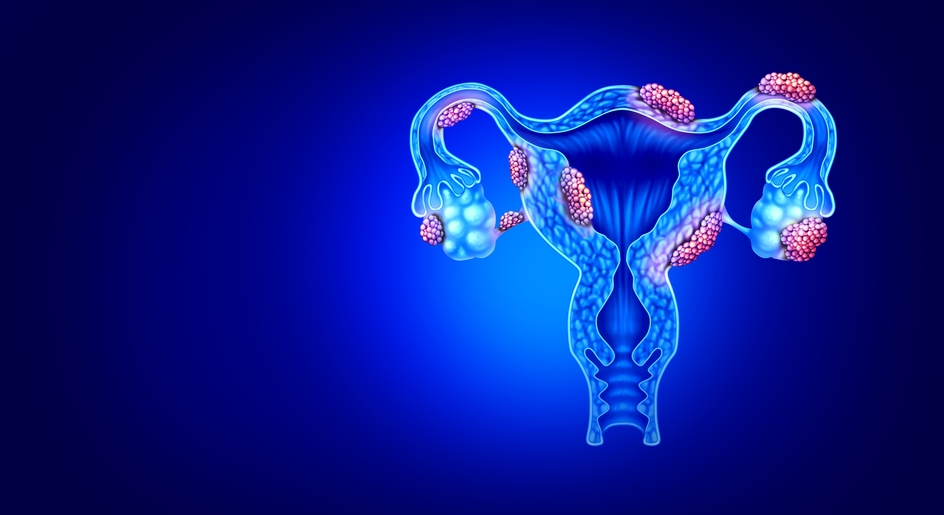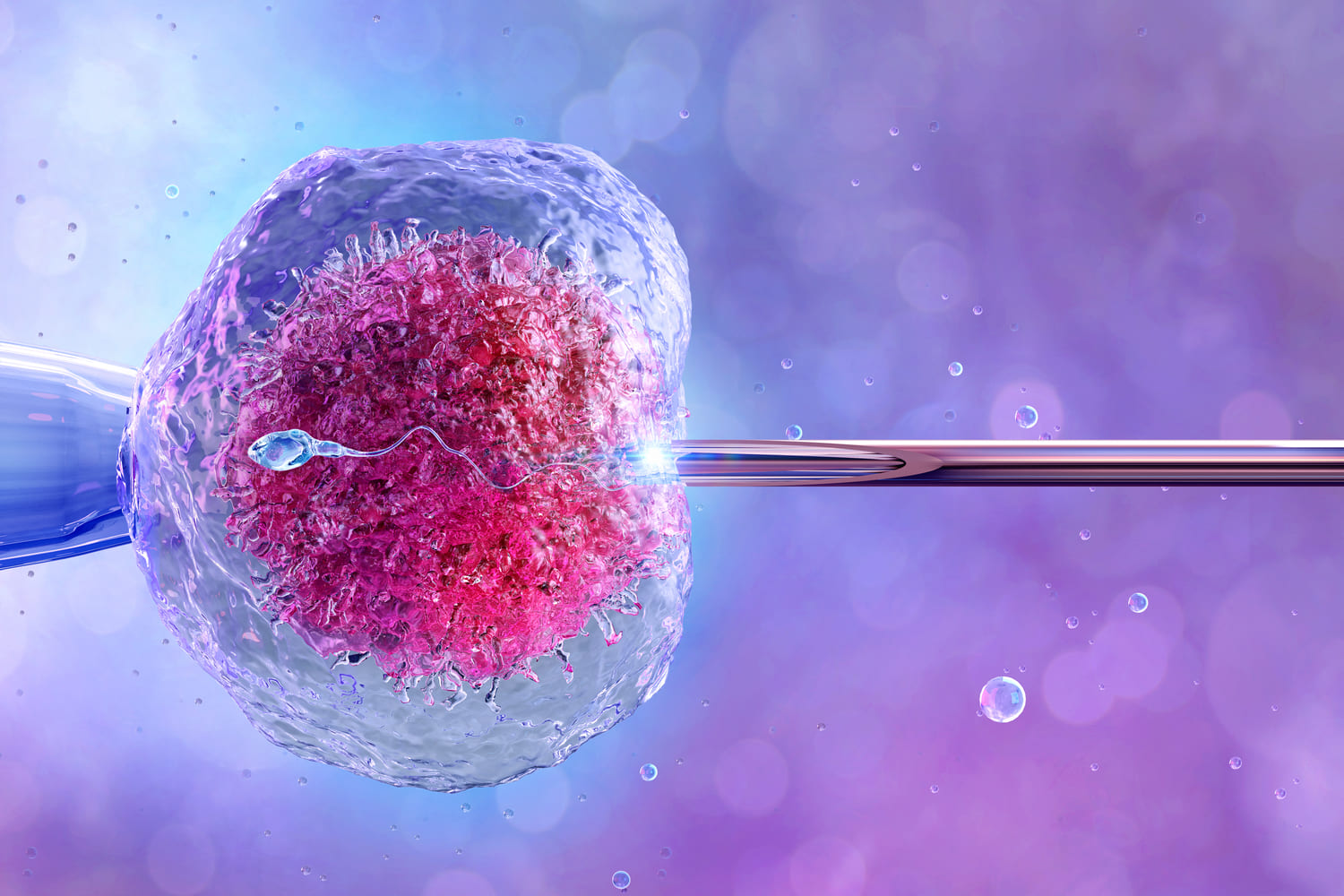Author: Dr. Beena Muktesh MBBS, MS
Consultant: Gynaecologist & Fertility Specialist at Motherhood Hospital Gurgaon
Endometriosis has been estimated to affect up to 10-15% of women at their reproductive age. According to Dr Beena Muktesh, MBBS, MS-Obstetrics & Gynaecology, Fertility Specialist, around 30-50% of women with endometriosis have infertility. Moreover, women with advanced endometriosis also have poor ovarian reserve, low eggs and embryo quality as well as poor implantation. A lot of women with endometriosis experience pain and heavy periods, however, they are not aware of the disease. The disease is often discovered in advanced stages that eventually lead to infertility.
What is Endometriosis?
Endometrium refers to the inner lining of your uterus. When you have a period, this inner lining falls away from the walls of your uterus and If you get pregnant, the embryo attaches itself to the endometrium for development.
Endometriosis is a condition wherein the tissues like endometrium grow on other parts of your body. When these tissues start growing in the wrong places, it causes excruciating pain and makes conceiving difficult.
The endometrial layer can grow on several parts of your body, such as:
- Fallopian tubes.
- Ovaries.
- Vagina.
- Back of your uterus.
- Bladder and uterus.
- Rectum.
- Intestines.
These abnormal endometrial tissues do not shed tissues like healthy endometrial tissues inside the uterus. This leads to a buildup of abnormal tissues, inflammation, scarring, and painful cysts.
Although the exact reason behind endometriosis is not yet known, it is supposed to be caused by genetics, reverse menstruation, and a family history of endometriosis.
What are the Symptoms of Endometriosis?
The common symptoms of endometriosis are as below:
- Painful menstrual cramps radiating to the abdomen and lower back.
- Pain during or after sexual intercourse.
- Diarrhoea or constipation during the menstrual period.
- Heavy or irregular periods.
- Fatigue or low energy levels.
- Pain during urination or bowel movements.
- Spotting between menstrual periods.
What are the Stages of Endometriosis?
The best infertility doctor in Gurgaon classifies endometriosis into 4 stages:
- Stage I: Minimal endometriosis with no scar tissues.
- Stage II: Mild endometriosis with less than 2 inches of the affected abdomen.
- Stage III: Moderate endometriosis with scar tissues around tissues and ovaries.
- Stage IV: Major endometriosis with highly developed scar tissues.
Endometriosis and Infertility
Women with Stage I and II endometriosis can conceive on their own or need IUI however, complications may arise in the later stages. Generally, the best infertility doctor in Gurgaon suggests IVF treatment before going in for laparoscopy or surgical removal of visible endometriosis for women less than 35 years of age. For women older than 35 years, other fertility treatments are recommended.
In the case of Stage III or IV endometriosis, pregnancy rates are high if Ovum pick up for IVF is done before surgery. If she has symptoms like severe pain due to cyst & endometriosis. Then surgery is planned before IVF.
Hence, before starting any treatment, a complete evaluation is crucial. If you experience abnormal pain during periods, it is best to consult Dr Beena Muktesh at the Motherhood Hospitals to get expert guidance and treatment.
At Motherhood Hospitals, we have a team of experienced supers specialists backed by the latest infrastructure and facilities. We have the best gynaecologist in Gurgaon. We are experts in handling complex deliveries, gynaecological, and other surgeries including a range of laparoscopic surgeries.
Do take an appointment with the best woman care hospital in Gurgaon at a centre closest to you. Meet with our doctors who will carry out the required investigations, diagnose the issue and recommend the most appropriate treatment, enabling you to lead an active life.
If you wish to get in touch with Dr. Beena Muktesh, please book your appointment here.


















